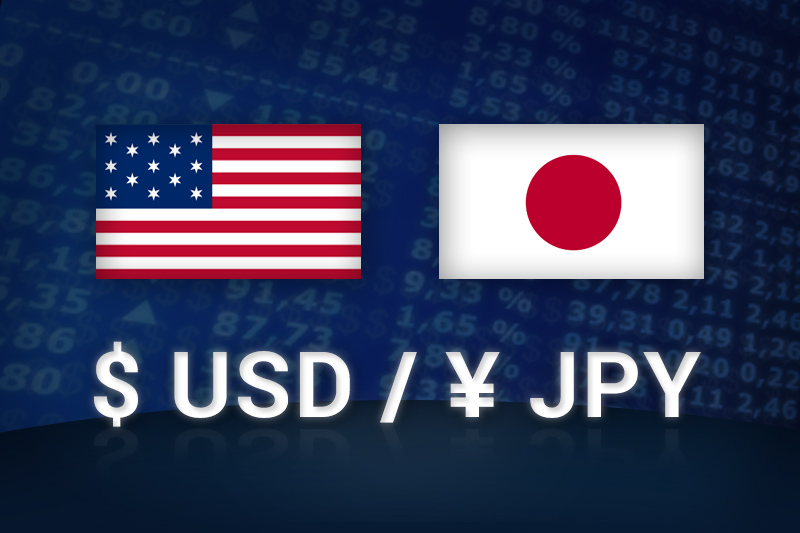Investing.com - The U.S. dollar was steady against the yen on Tuesday, as markets were jittery amid concerns over the health of Spain’s banking sector while investors eyed new developments in Greece.
USD/JPY hit 79.64 during early European trade, the daily high; the pair subsequently consolidated at 79.49, easing up 0.02%.
The pair was likely to find support at 79.20, the low of May 23 and resistance at 79.81, the high of May 25.
Markets were jittery after the yield on Spain’s 10-year bond rose to 6.47% on Monday, the highest level this year after the government announced that it was to recapitalize one of the country’s largest commercial lenders, Bankia.
The announcement fuelled fears that the rising cost of bank rescues could force Madrid into seeking an international bailout.
Speaking on Monday, Prime Minister Mariano Rajoy ruled out seeking outside aid to revive Spain's banking sector, however.
Investors were also eyeing developments in Greece, after a weekend opinion poll indicated that the pro-bailout New Democracy party may be able to form a government following the June 17 elections.
In Japan, official data showed earlier that retail sales rose less-than-expected in April, advancing 5.8% after a 10.3% surge the previous month. Analysts had expected retail sales to rise 6.2% in April.
The data came after a report showed that household spending in Japan rose 2.6% in April, beating expectations for a 2.5% rise and following a 3.4% increase the previous month.
Elsewhere, the yen was lower against the euro with EUR/JPY adding 0.15%, to hit 99.81.
Later in the day, the U.S. was to release reports on house price inflation and consumer confidence.
USD/JPY hit 79.64 during early European trade, the daily high; the pair subsequently consolidated at 79.49, easing up 0.02%.
The pair was likely to find support at 79.20, the low of May 23 and resistance at 79.81, the high of May 25.
Markets were jittery after the yield on Spain’s 10-year bond rose to 6.47% on Monday, the highest level this year after the government announced that it was to recapitalize one of the country’s largest commercial lenders, Bankia.
The announcement fuelled fears that the rising cost of bank rescues could force Madrid into seeking an international bailout.
Speaking on Monday, Prime Minister Mariano Rajoy ruled out seeking outside aid to revive Spain's banking sector, however.
Investors were also eyeing developments in Greece, after a weekend opinion poll indicated that the pro-bailout New Democracy party may be able to form a government following the June 17 elections.
In Japan, official data showed earlier that retail sales rose less-than-expected in April, advancing 5.8% after a 10.3% surge the previous month. Analysts had expected retail sales to rise 6.2% in April.
The data came after a report showed that household spending in Japan rose 2.6% in April, beating expectations for a 2.5% rise and following a 3.4% increase the previous month.
Elsewhere, the yen was lower against the euro with EUR/JPY adding 0.15%, to hit 99.81.
Later in the day, the U.S. was to release reports on house price inflation and consumer confidence.
